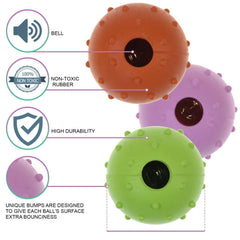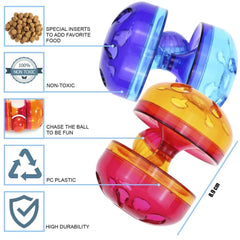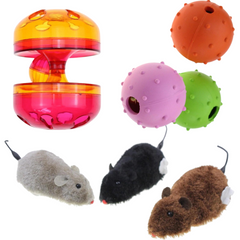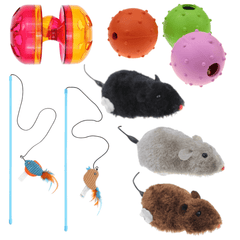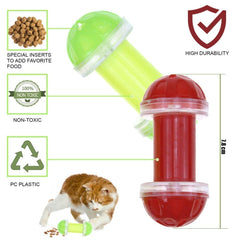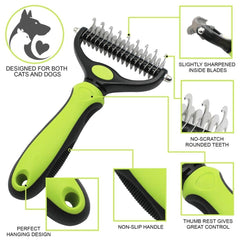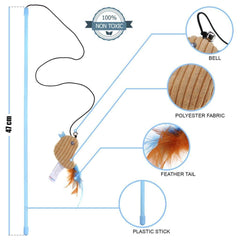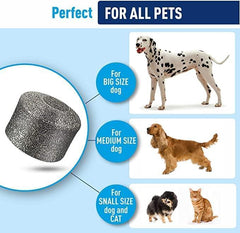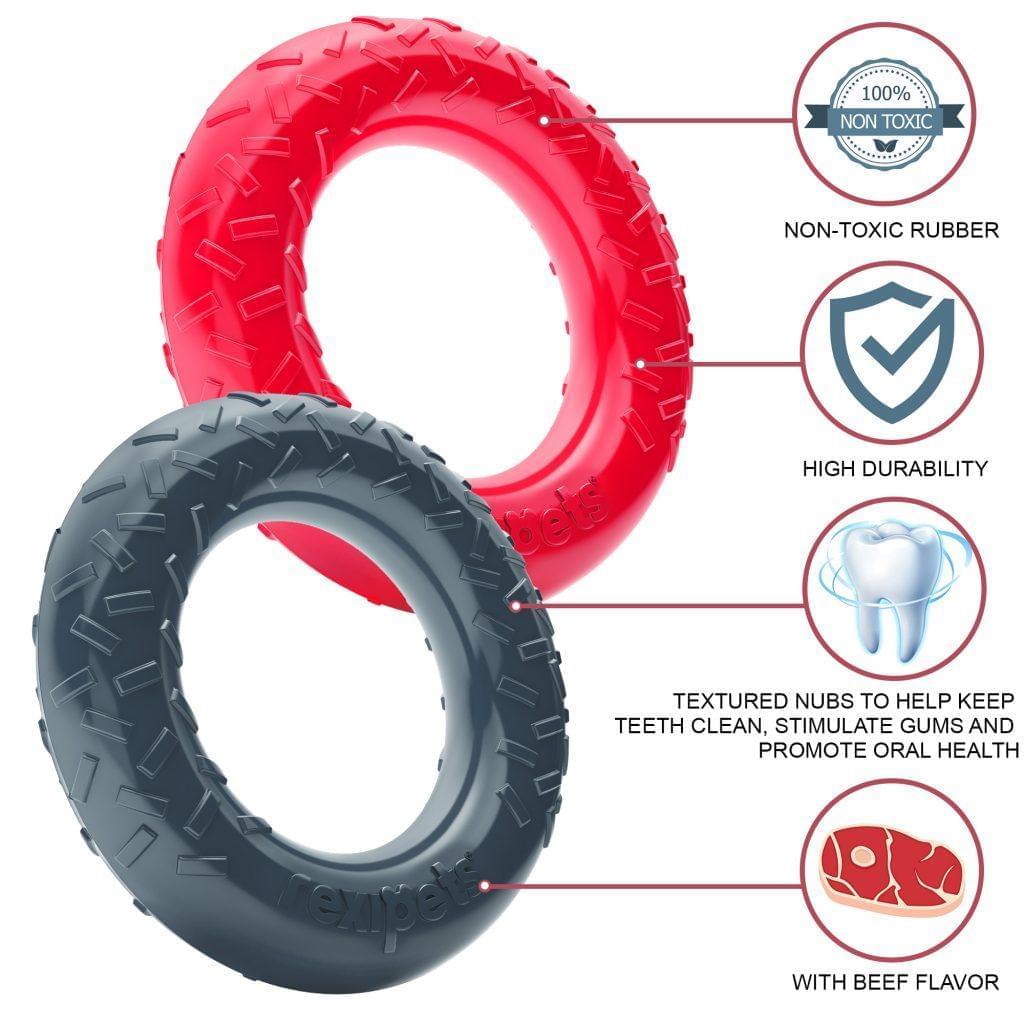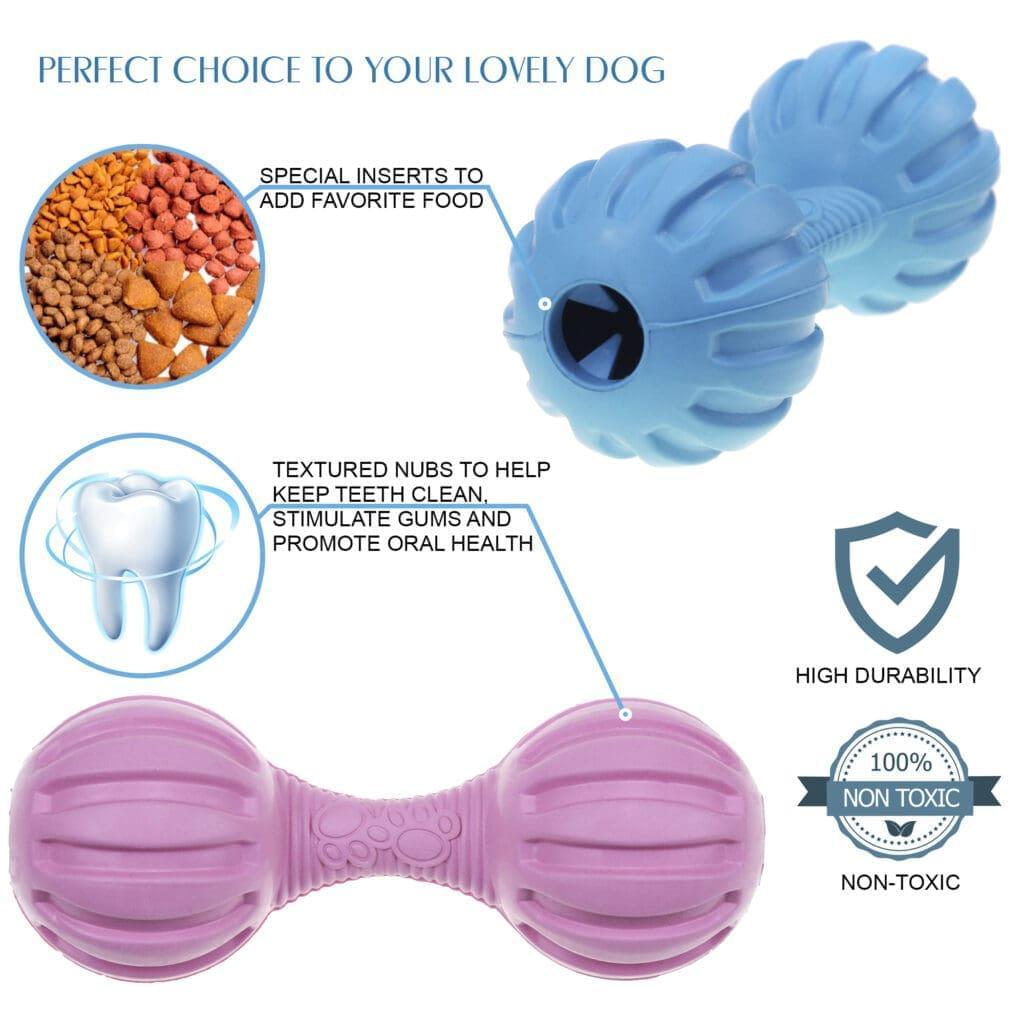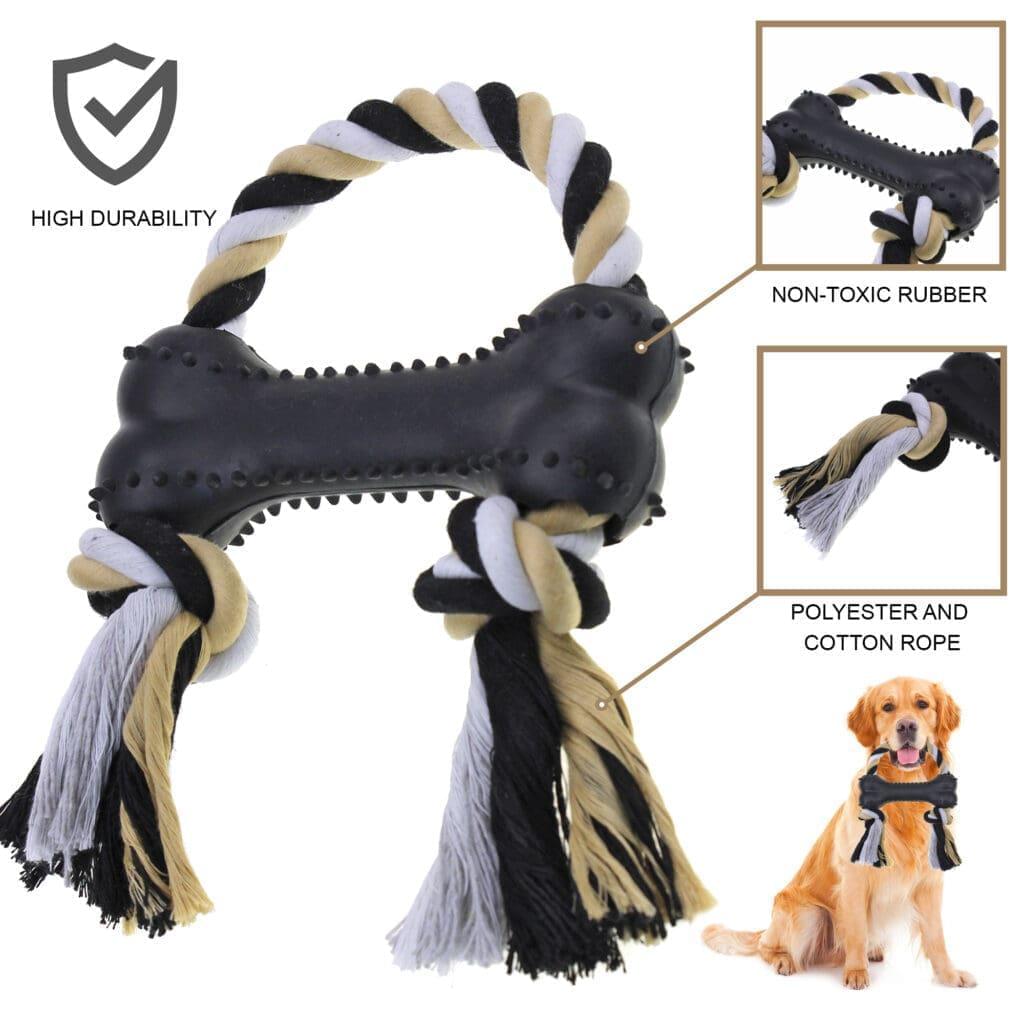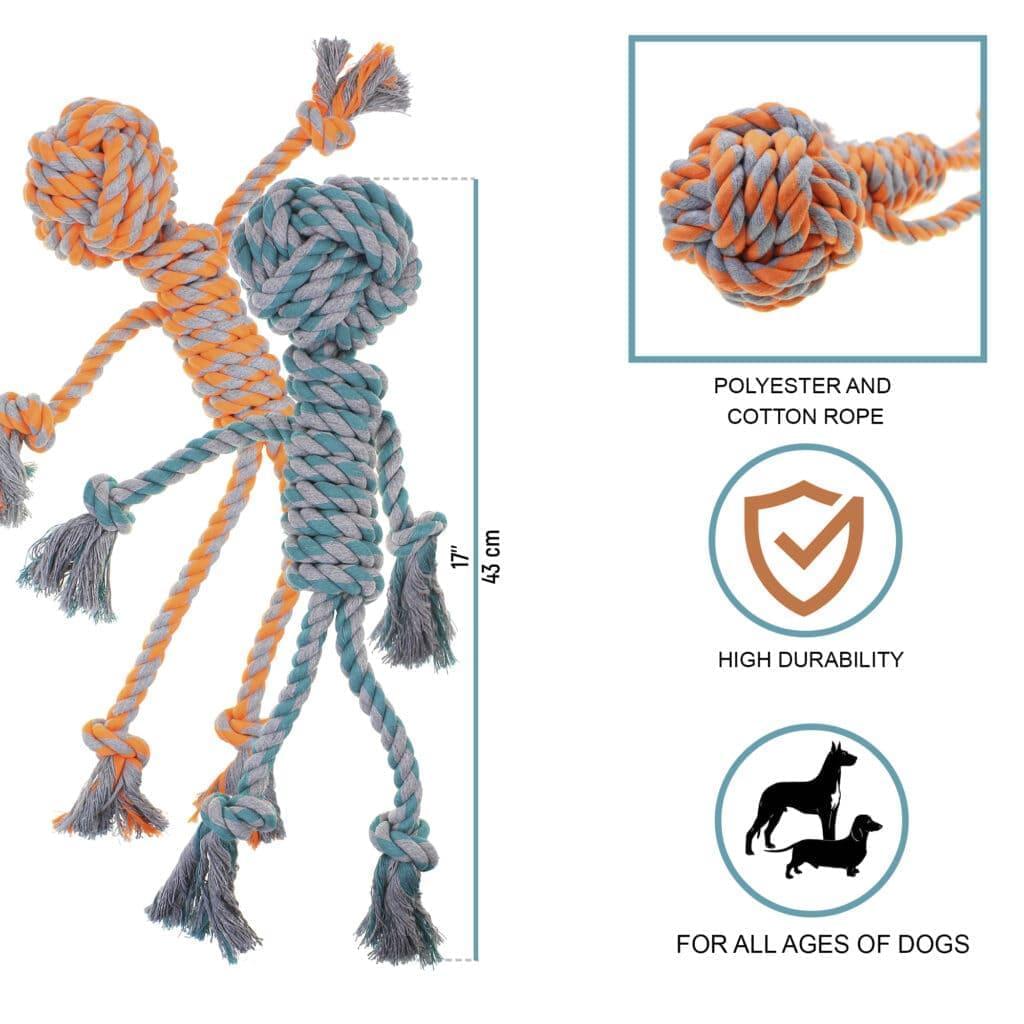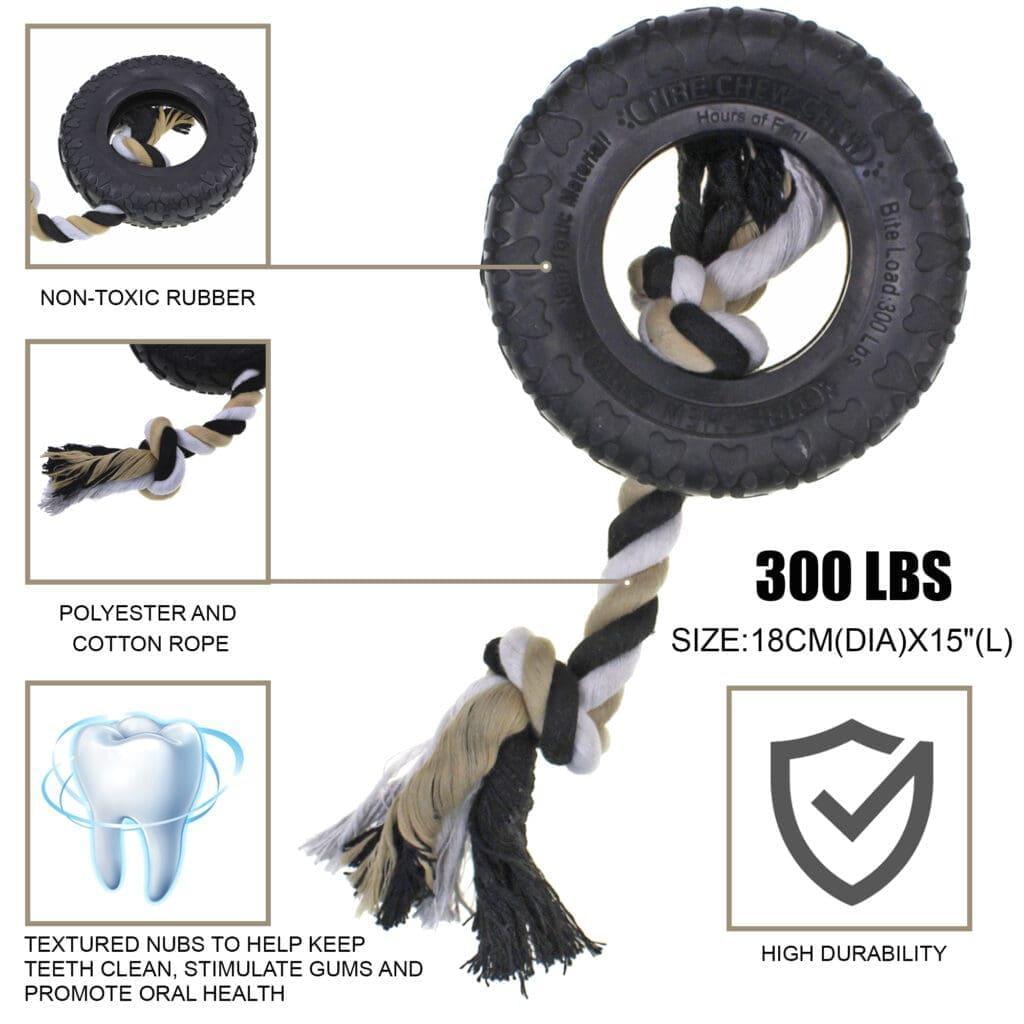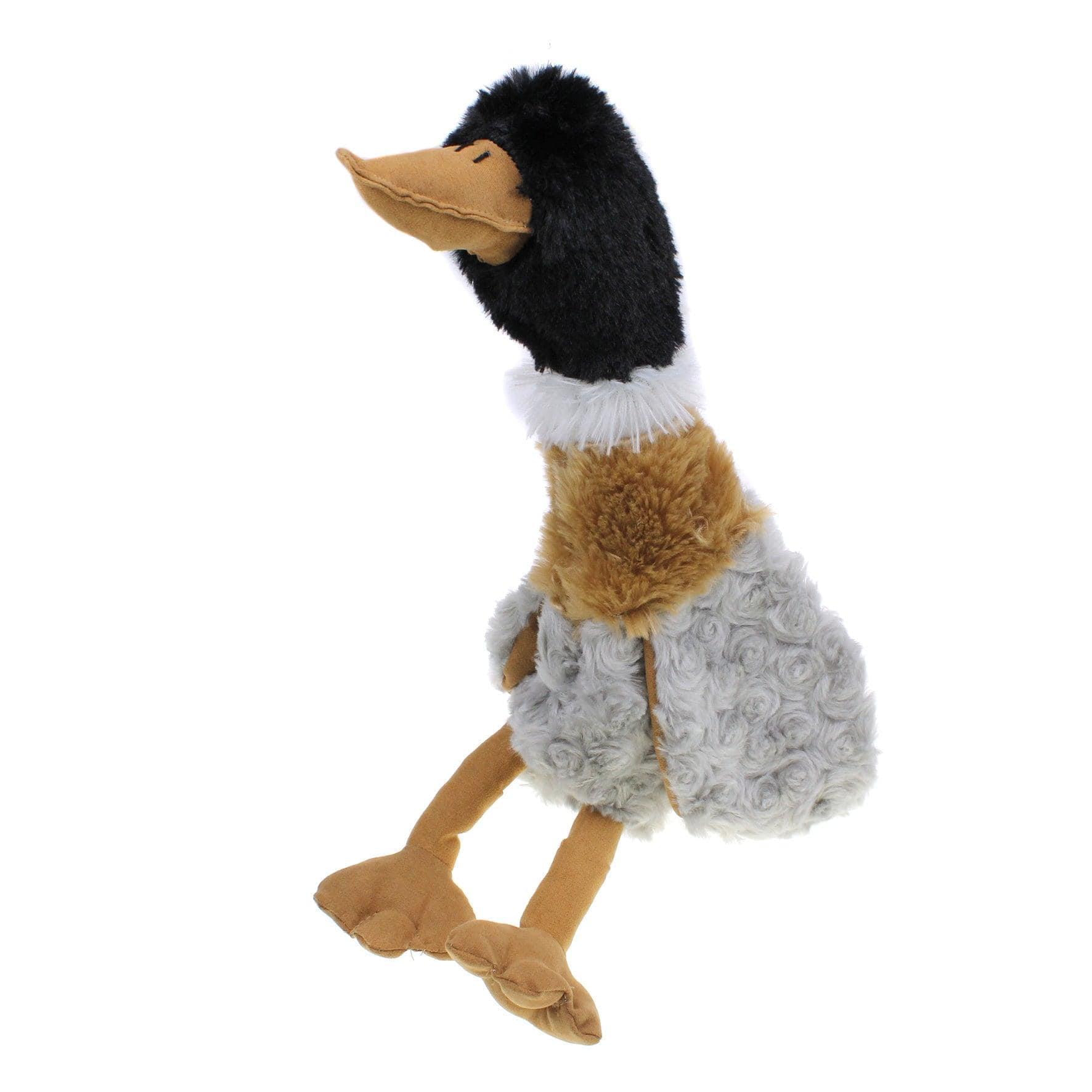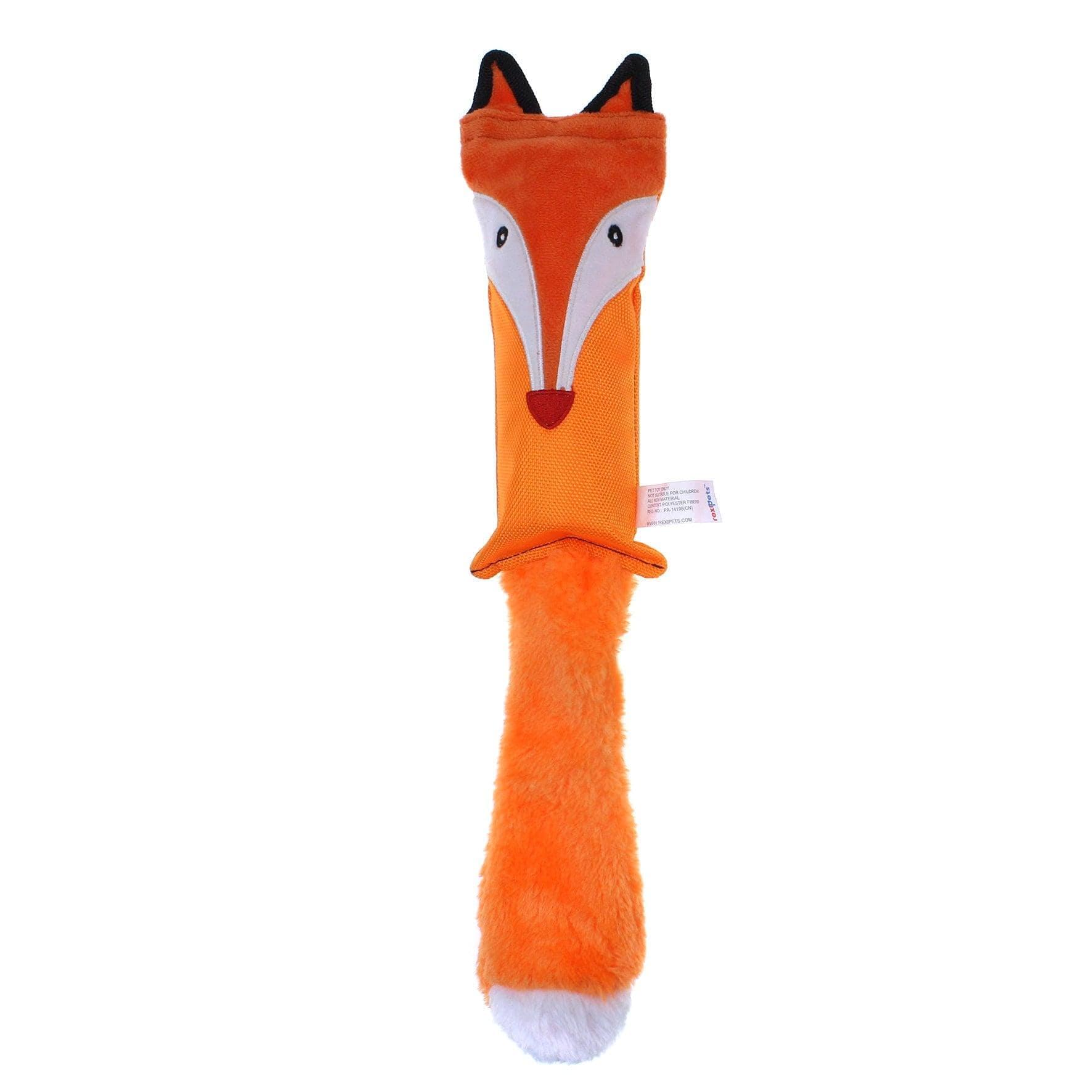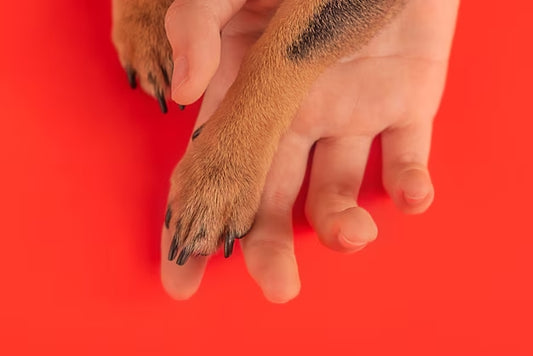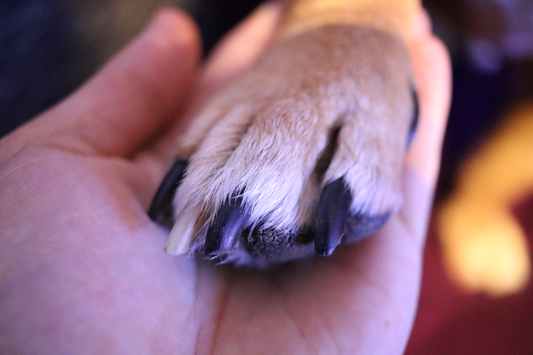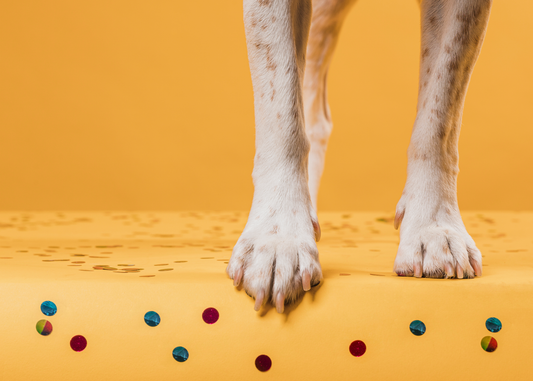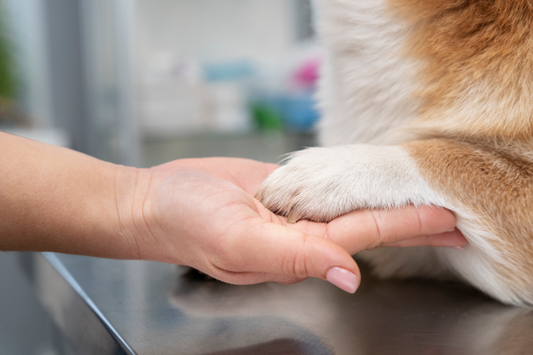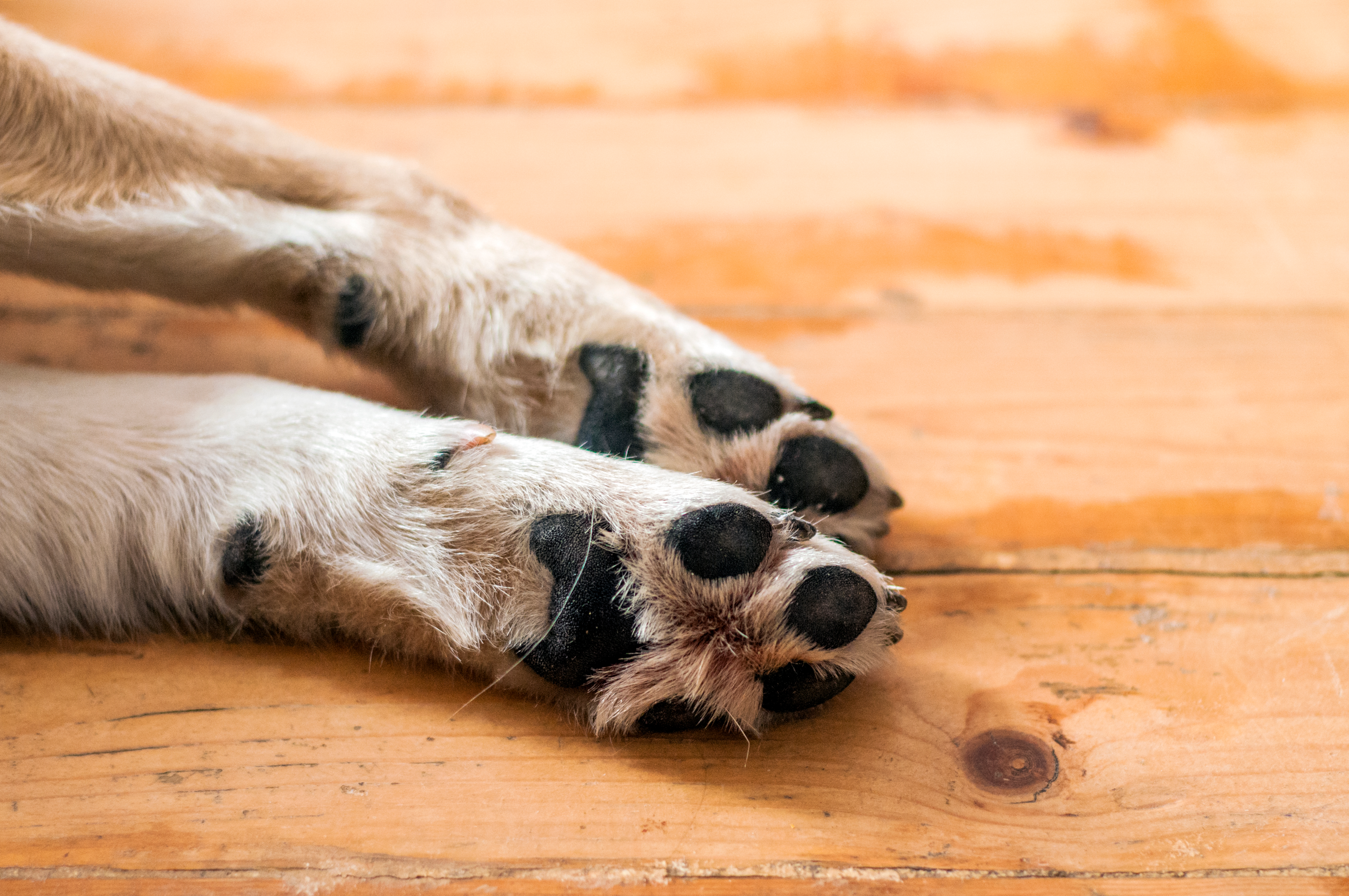
Has your dog suddenly developed the habit of biting their nails out of nowhere?
Well, if you have landed on this blog, chances are, yes! Don't worry, because a lot of dog owners have been through what you are going through.
This is why today, we're going to uncover the reasons behind nail biting that occurs in dogs!
We'll cover the main reasons why your dog is biting their nails and how you can effectively stop them from doing it. So, you're in for a ride!
Now, without further ado, let's uncover the secrets behind dog nail biting.
Why Do Dogs Bite Their Nails?
Dogs chew their nails or paws for different reasons, including anxiety, boredom, or because of a medical problem like skin conditions or allergies. But, if your furry pal is continuously chewing their paws, you need to consult your vet. Excessive chewing can cause infections and painful sores. So keep an eye out for these.
Let's explore these in detail.
-
Skin Infections
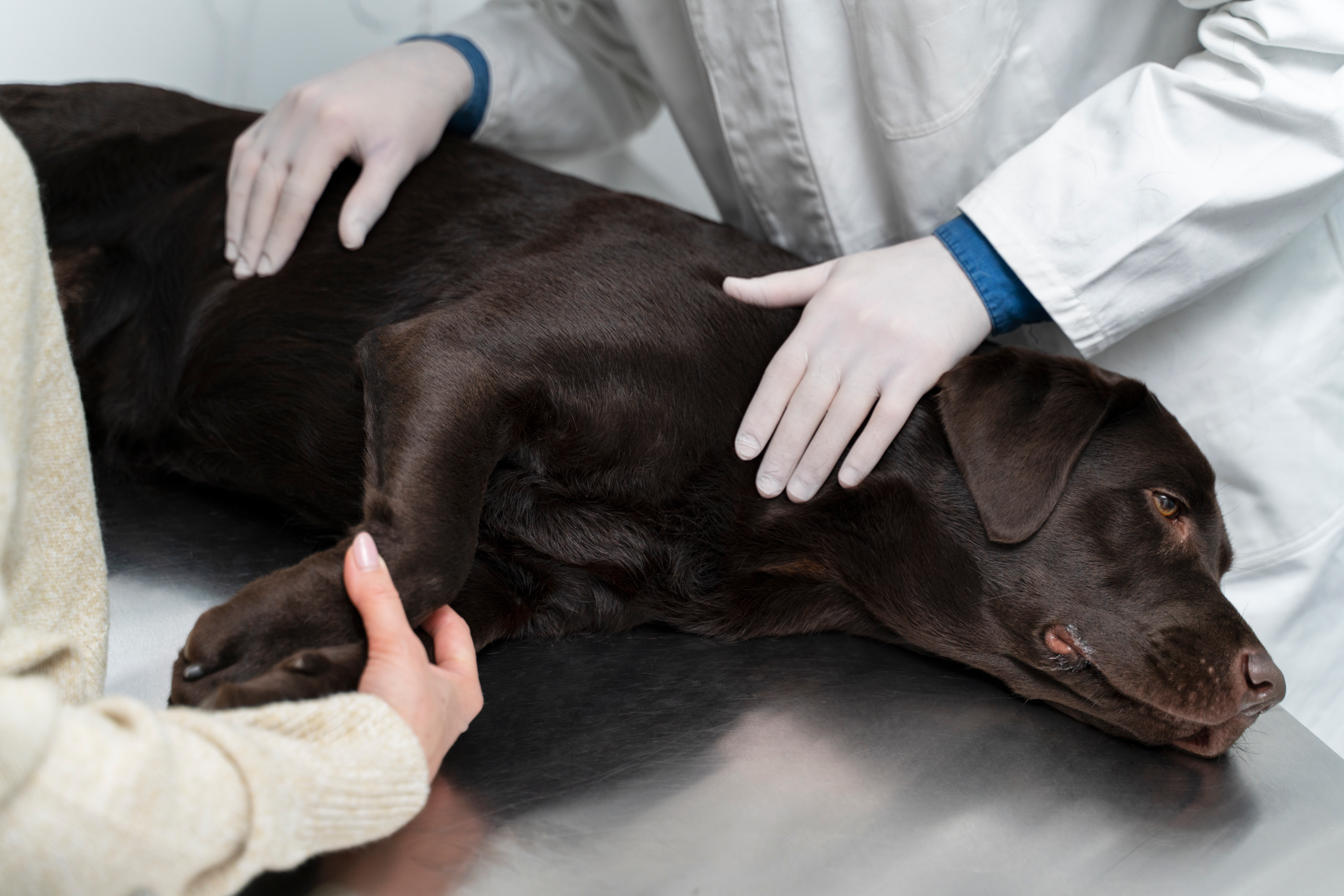
Bacterial or fungal infection and any other conditions in your canine companion can occur due to several reasons. These include minor cuts or insect bites, potentially leading to skin irritation and then eventually behaviors like nail chewing, particularly if the issue is around their paws.
Additionally, any underlying cause, like mange, yeast infections, or different types of bacterial infections can make dogs bite their nails and chew their skin. However, if you suspect a severe problem, it's important to seek veterinary help for your pet as soon as possible.
-
Overgrown nails
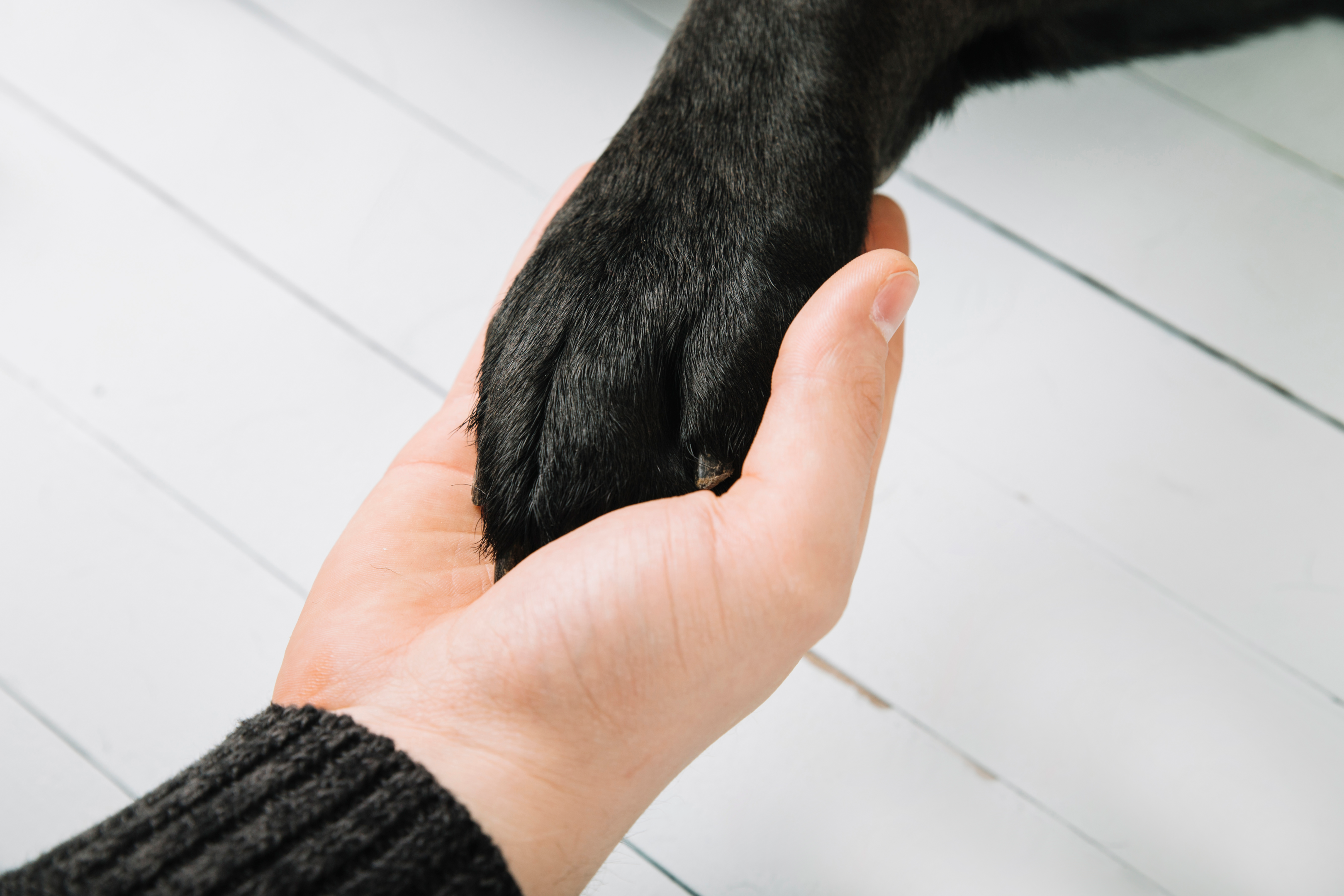
Regular nail trimming is essential for dogs. The frequency, however, depends on various factors, including their breed and activity levels.
Long nails can cause discomfort for dogs. This makes your dog chew them for comfortable walking. Therefore, it's important to regularly check your dog's nails and keep them trimmed.
-
Allergies
Dogs with allergies often show symptoms similar to those of humans, such as itching. Allergies in dogs can be due to different reasons, including food, medications, synthetic fragrances, detergents, and seasonal changes.
Environmental allergies are the most common culprit after food allergies when it comes to dogs, and treatment options include antihistamine medication tailored for dogs or adjustments to the home environment, which may be necessary to deal with symptoms.
-
Fleas or ticks
Fleas and ticks often find a convenient hiding spot in a dog's paw, causing them to chew their nails to get rid of the irritation. It's wise to thoroughly inspect your dog after they've been in areas that are prone to ticks.
Regularly applying flea or tick treatments and grooming routines are also essential to ensure your dog remains free from infestations.
-
Anxiety
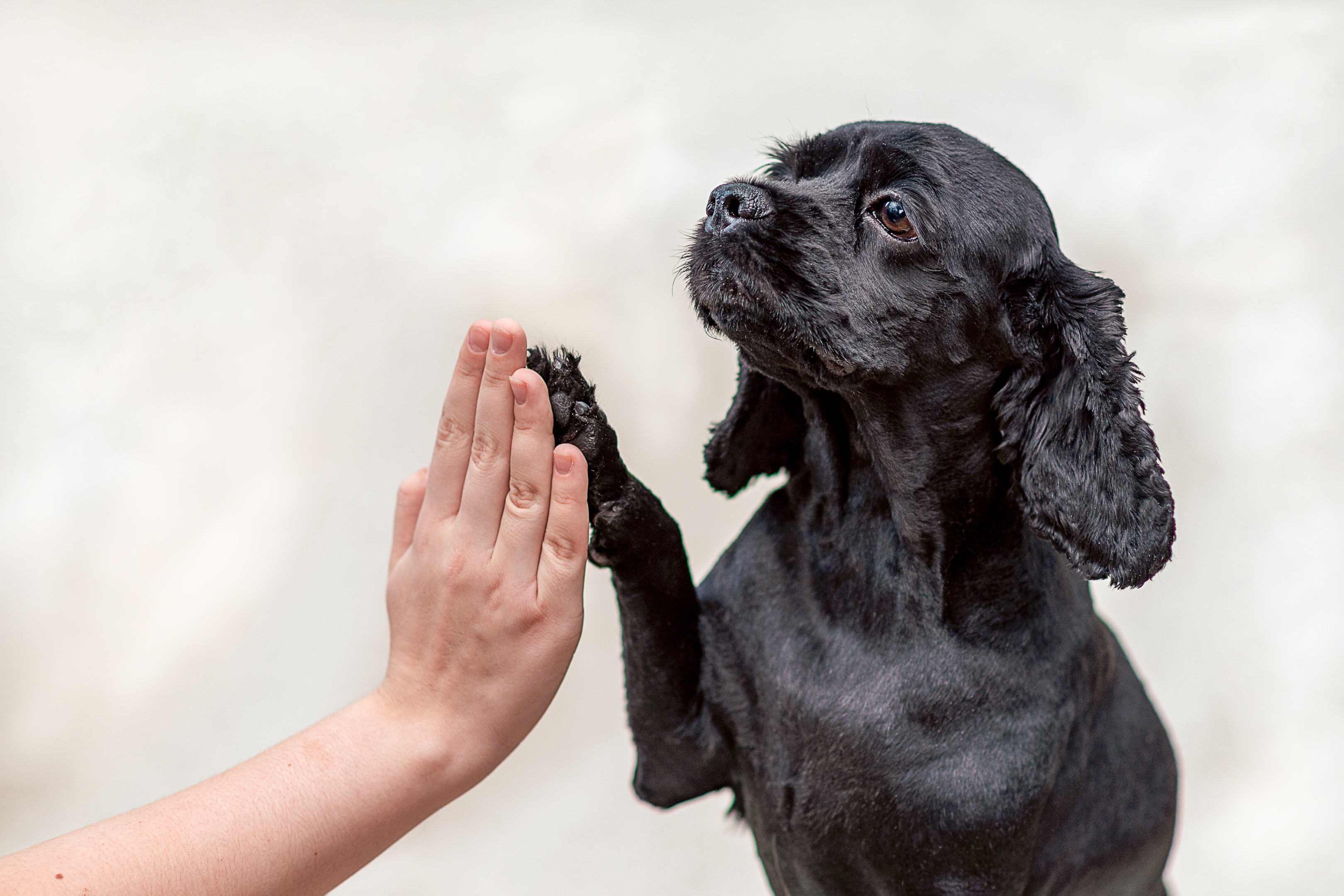
Occasionally, the reason behind your dog's nail chewing may not be physical but rather emotional or mental.
Dogs can exhibit certain behaviors, like nail chewing, as a response to separation anxiety. Pay attention to whether your dog ceases this behavior when you try to soothe them, as it could indicate an emotional cause. Make sure to provide them with plenty of mental stimulation through dog toys.
-
Paw pad disorder
Just like humans, dogs' skin, including their paw pads, requires care. Conditions like atopic dermatitis or autoimmune diseases can cause dry, painful, and cracked paws. This leads to licking or chewing behavior in dogs.
Treatment varies based on the cause; surgery may be necessary for corns, while autoimmune disorders may require a biopsy. Typically, over-the-counter paw balm effectively treats dry or cracked pads.
How to Stop Your Dog from Biting Nails?
Prevention is often more effective than treatment, and this is especially true for your dog's nail-chewing or paw-licking habit. To keep your dog comfortable and prevent frequent paw biting, it's crucial to take the following steps:
-
Have a Grooming Routine
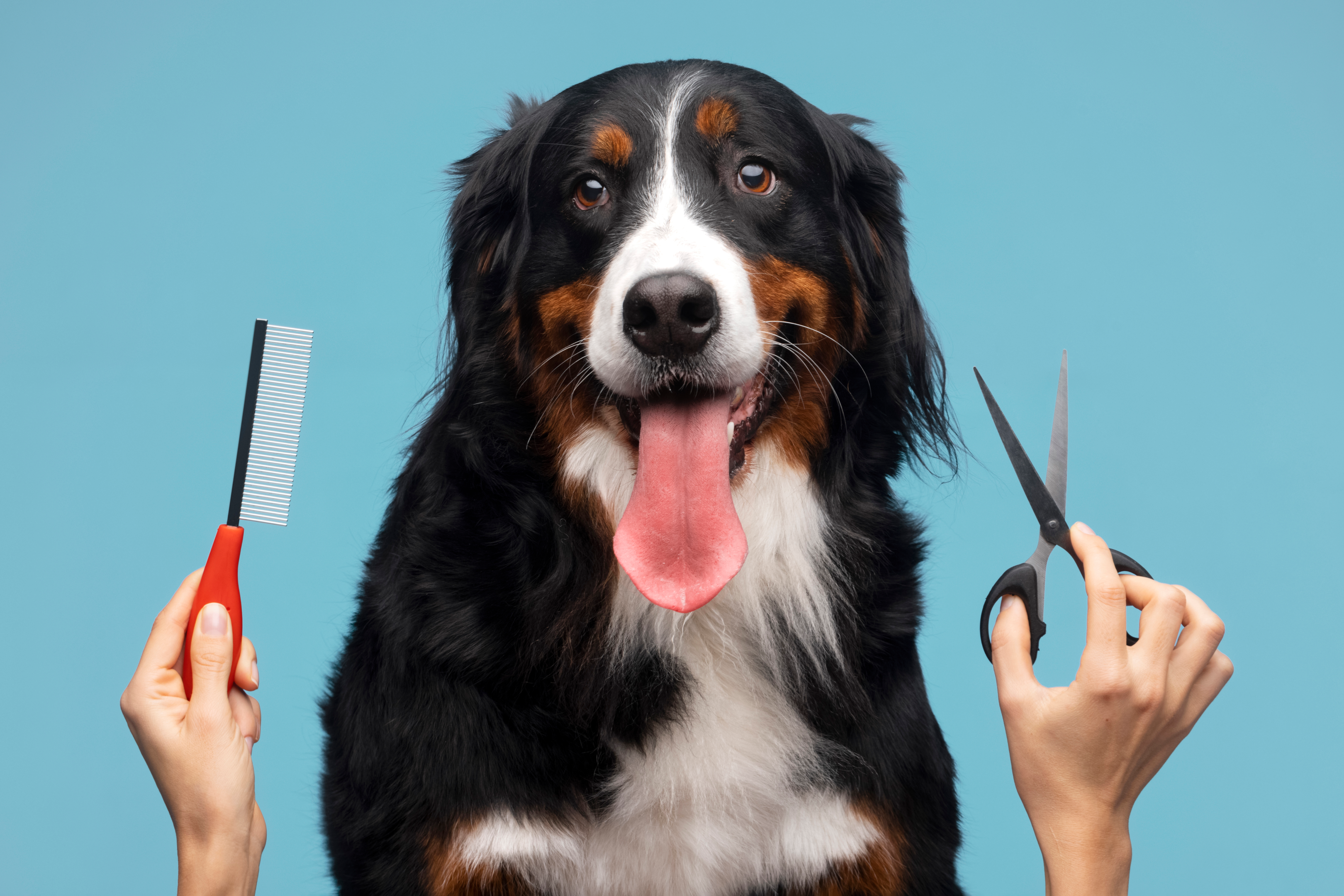
Having a regular grooming routine for your dog's physical health, which includes getting your dog's hair cut and nails trimmed regularly, can contribute to their overall health and happiness.
Overgrown or broken nails can cause discomfort for dogs, and since they can't take care of it themselves, it's up to you to ensure they receive the care they need.
-
Use quality products
Choose dog products from reputable brands to ensure quality. Opt for durable toys, nutritious food, and comfortable bedding suitable for pets. Prioritizing high-quality products ensures their skin and fur remain healthy and comfortable throughout their lives.
-
Check your furry friend
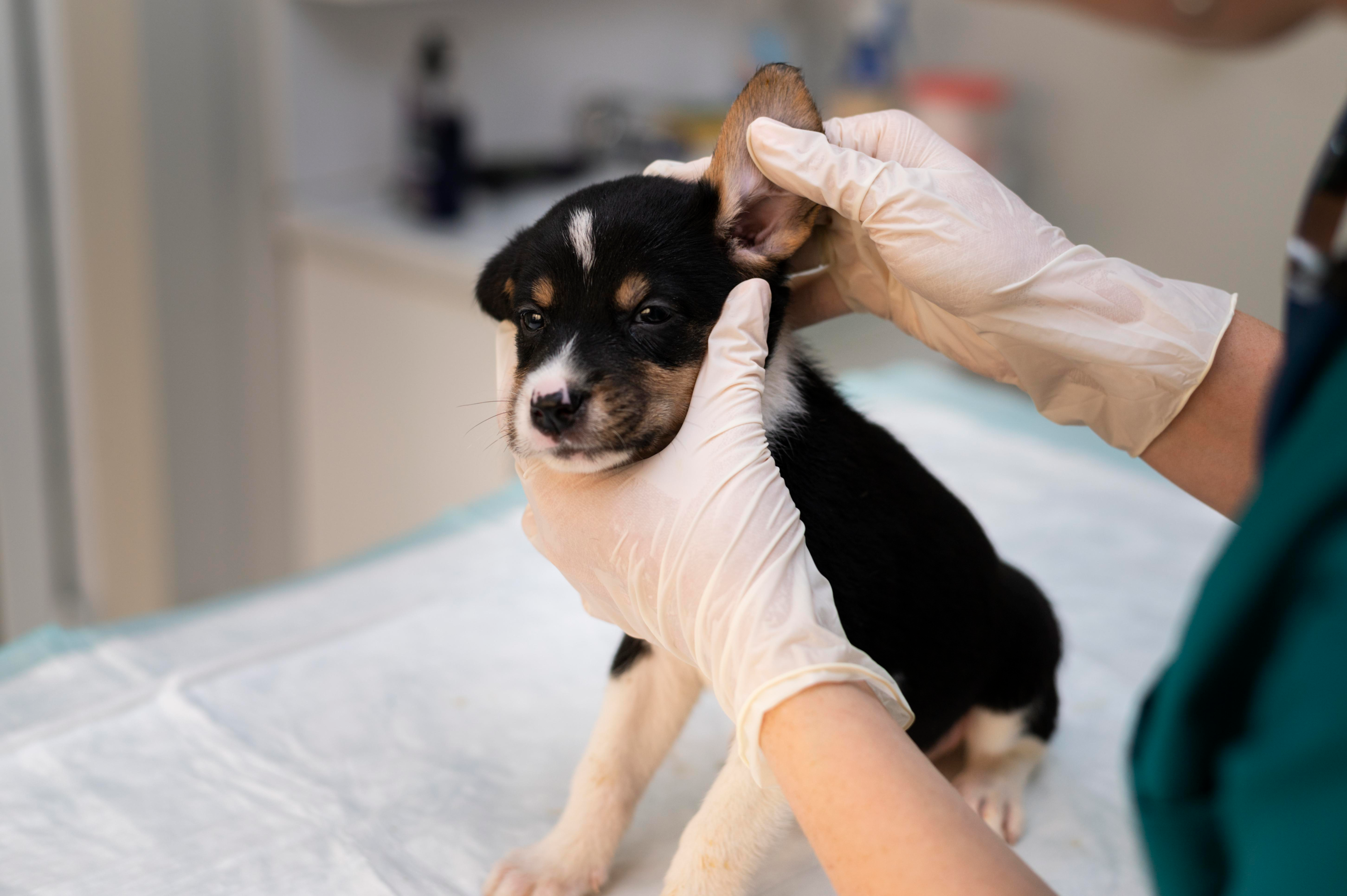
Since your pup can't communicate their issues, it's important to inspect them thoroughly on a weekly basis. Look for signs of injury, infestation, or skin problems. If you notice anything concerning, take them to the vet for proper care. Regular check-ups and an effective treatment plan can help make sure your dog's well-being is taken care of, and you can catch any issues early on.
-
Boredom
If your vet has eliminated any medical issues causing licking and biting, it could be boredom. Dogs may exhibit these behaviors when they have excess energy. Increase interaction with your pet, extend walks, or introduce motorized toys to alleviate boredom and positively redirect their energy.
Final Words
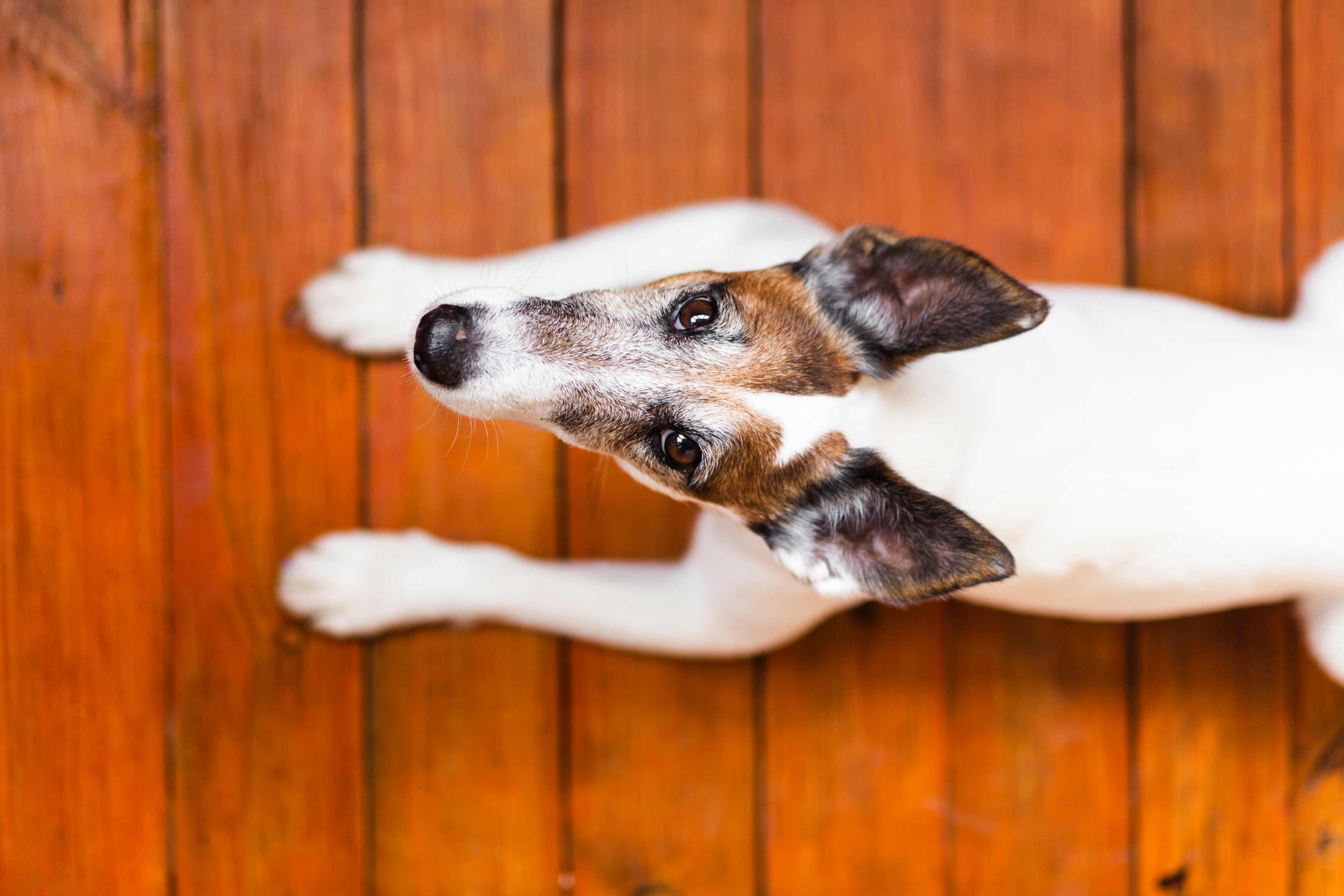
Understanding the reasons why your dog is biting its nails is an essential step to addressing this issue.
While physical discomfort and medical reasons like allergies, anxiety, and boredom are common culprits, the solution-based approach to it involves proper grooming, regular vet check-ups, and ample mental and physical stimulation, which can help address these issues effectively.
By staying vigilant and super responsive to your dogs' needs, you can curate a happy and healthy life for your dog and yourself.
FAQs
How do you soothe skin irritation in dogs?
If your dog has irritated skin, it's important to have them checked by a vet to rule out any serious issues and provide appropriate treatment. Medicated anti-itch creams, washes, and tablets are available for dogs. Moreover, check for potential itching sources on your dog's paws or within the home environment.
Why does my dog bite his paw at night?
Dogs chew their paws at night for various reasons, including allergies or bites from parasites, which often cause increased itching during nighttime. Giving your dog antihistamine tablets can provide relief. Additionally, it is advised that your dog visit the veterinarian for further assessment to check out any serious issues.
How can I determine if my dog's nail chewing is due to anxiety?
Observing your dog's behavior and identifying triggers for anxiety, such as loud noises or changes in routine, can help determine if anxiety is causing the chewing. Additionally, consulting with a veterinarian or dog trainer can provide further insight.
